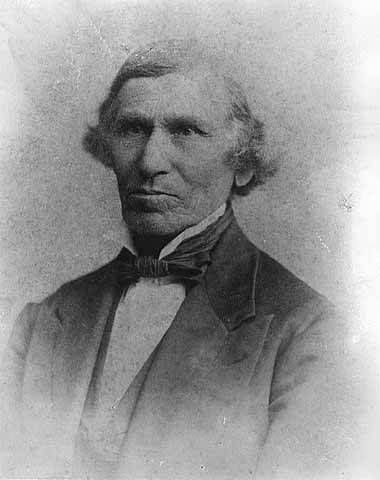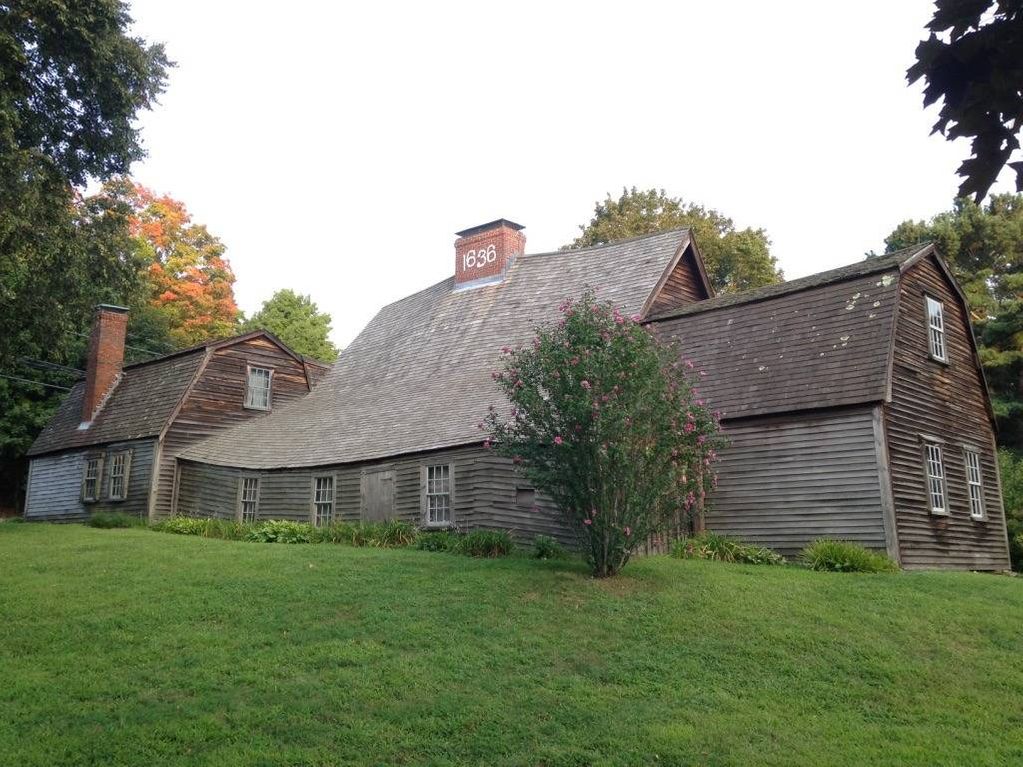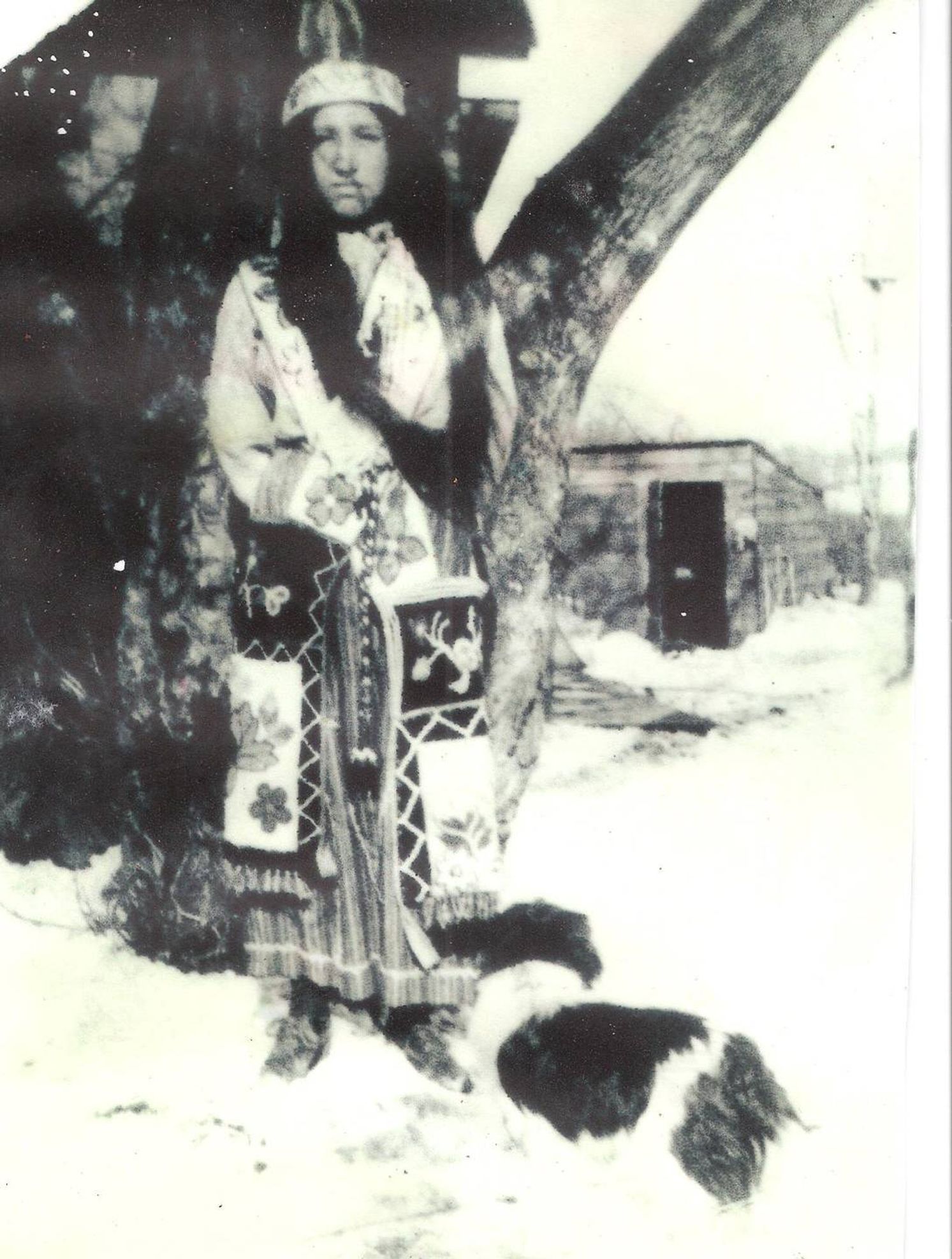Dear Minnesota – Stephen Snedeker
Stephen Snedeker shares the story of how the end of the fur trade and the displacement of the Ojibwe people impacted several generations of his descendants in Minnesota.

Boozhoo Minnesota,
My 10 great grandfather Jonathan Fairbanks Sr. came to Massachusetts in 1633. Using beams and lumber from the Speedwell he built a house in Dedham, Massachusetts. The Speedwell was the ship scheduled to accompany the Mayflower in 1620 but was deemed unseaworthy at the last minute and did not make the voyage. The Fairbanks house is the oldest timber-framed house in North America.
Our Fairbanks family ancestors have fought in every major war. The Beaver Wars of the 1600s, the French Indian War of the 1700s, the American Revolution, the War of 1812, the Civil War, etc. My 5 great grandfather John Fairbanks spent the winter of 1777 with George Washington at Valley Forge. After participations in the War of 1812, the Fairbanks family splintered.
My 5 great grandfather John Sayer married Bwanequay (Ojibwe daughter of Chief Mamongazida "Big Foot" and Wenona). 4 great grandpa John H. Fairbanks entered the "Fur Trade" and married Shahgahnashequay (the "Metis" (French/Native) daughter of John Sayer and Bwanequay). Other English relatives stayed in the eastern regions of Massachusetts, Maine, Ohio, and Indiana. A distant cousin Charles W. Fairbanks even became Teddy Roosevelt's VP.

In 1665 my 7 great grandfather, Pierre Hudon dit Beaulieu came to Quebec from France to defend New France from England's manipulative use of Iroquois aggression in the Beaver Wars of the mid-1600s. England defeated France in 1763, ending the French Indian War. That is when our Beaulieu ancestors divided, some entering the fur trade of the Great Lakes and some migrating south to New Orleans.
A Native cousin named Ikwesewe "Travelling Woman" (granddaughter of Chief Mamongazida and Wenona) married a Metis fur trapper named Michel Cadotte and was baptized as Madeline. She is the Madeline that Madeline Island, Wisconsin was named for.
3 great grandfather, Basile Beaulieu, was our first French Beaulieu ancestor to marry Ogemaugeeshigoquay "Queen of the Skies" (Ojibwe daughter Chief Waubishgaugauge "White Crow.") His father Chief Keeshkemun "Sharpened Stone" settled a band of Ojibwe at Lac du Flambeau, Wisconsin. Upwards of 20 Chiefs represented our Anishinaabe family's presence through the Great Lakes region from Montreal on the St. Lawrence River to the western parts of northern Minnesota.
The "Fur Trade" became the Beaulieu, Fairbanks, and Original American family business. My 2nd great grandfatherClement Beaulieu's house still stands in Crow Wing State Park where the Mississippi meets the Crow Wing River, the Beaulieu house is the oldest timber-framed house north of the Twin Cities.
The fur trade started giving way to the timber industry. Indian "removal" forced many from our family onto the White Earth Reservation. The Dawes and Nelson acts had considerable effects on the family. "Bottom of the barrel" expendable Civil War vets were employed by the Bureau of Indian Affairs as reservation "Indian agents." Blatant corruption ensued involving illegal land sales, sales of government rations to white settlers, false promises, and a genuine disregard for any fallout caused by all the lying and cheating.
My biological father, "Jack" Beaulieu, (like most Indian children after 1879) was taken from his home and sent to Pipestone Indian School. This "concentration camp" type boarding school would decide which Indian children were worth sparing by the policies of forced assimilation. The kids kept running away because of the general mistreatment, sexual abuse, and homicidal nature of those they were in the care of. The abuse was intensified if a runaway was caught and returned to the school, too often suicide became their escape.

The Indian Termination act of 1953 brought many of the parents and grandparents of the Pipestone children to Minneapolis, it was here where their kids were running away to. The large Original American community along Franklin Avenue in Minneapolis developed because of a bizarre set of governmental policies and their results. Many of the families had to stay in the city because they had no place back on the reservation to go to. Progressively by the late '50s, '60s, and early '70s the plights of the Native Americans in the unfamiliar urban setting produced an epidemic of alcoholism, hopelessness, and homelessness. The presence of these poor and desolate cast-offs became an unwelcome part of the Minneapolis backdrop. The immediate solution became ongoing police brutality within Minneapolis' 3 precinct. White Minneapolis residents shared an opinion of indifference to the way Indians were being treated. Sadly, the complacency encouraged people to ignore the particulars of the "Indian problem" in Minneapolis. The cycle gets repeated and the next ethnic "problem" would get labeled, compartmentalized and never resolved.
In our family's situation a Metis mixed marriage ended with a broken home when the survivors of domestic abuse needed absolute separation. One left us with forgiveness in his heart and another remains with us and I am still working on her ability to forgive before she passes. Casualties in our immediate family have left many children without parents, their children without grandparents, and me without my five brothers and sisters.
The dominance and entitlement of Christianity, Westward Expansion, Manifest Destiny, Homesteading, the GI Bill, and Redlining have all become added elements to the slow and methodical policy of genocide that continues causing "All My Relations" irreparable hardship, grief from loss, and continued mistrust of U.S. governmental policy. I call it "Inherent Post Traumatic Stress Disorder."
Miigwech
Stephen Beaulieu (adopted Snedeker)


